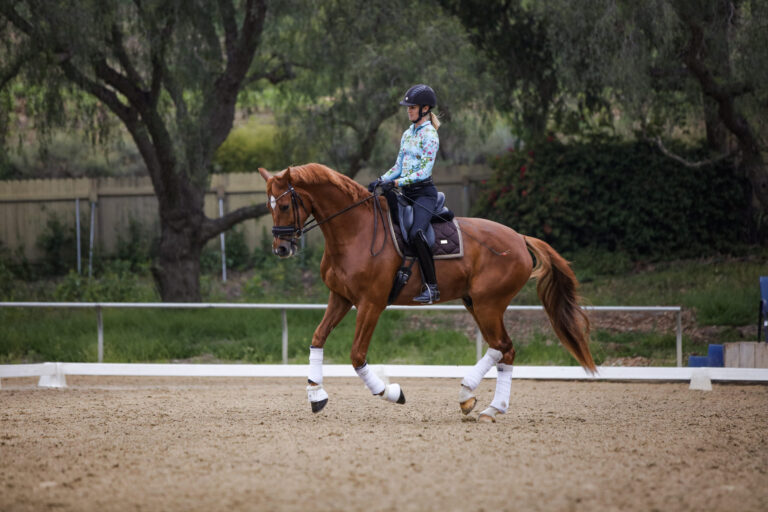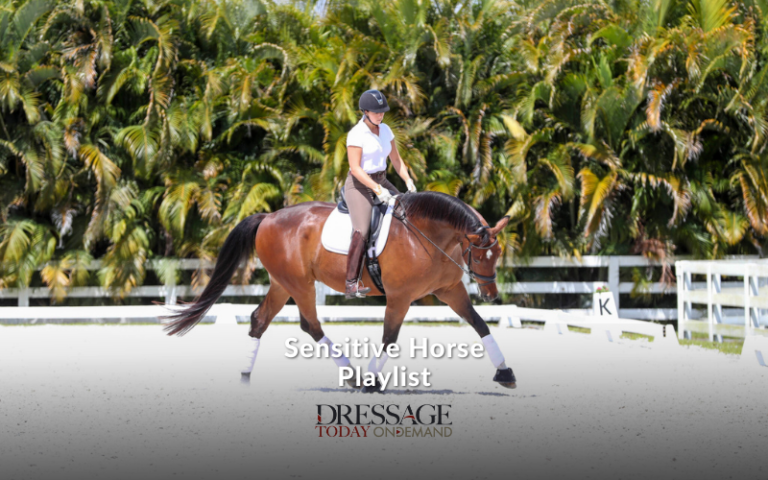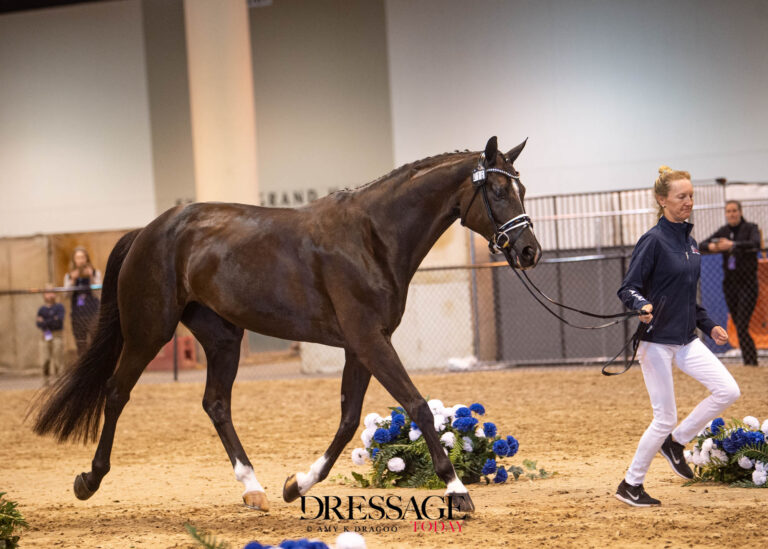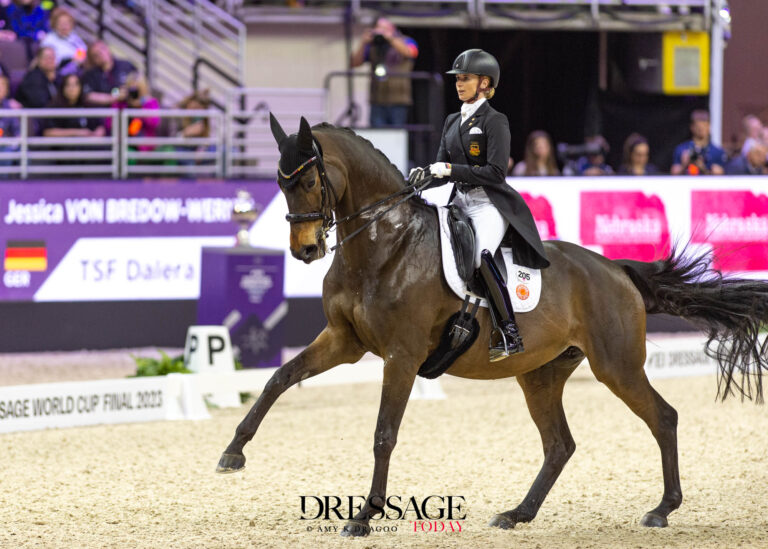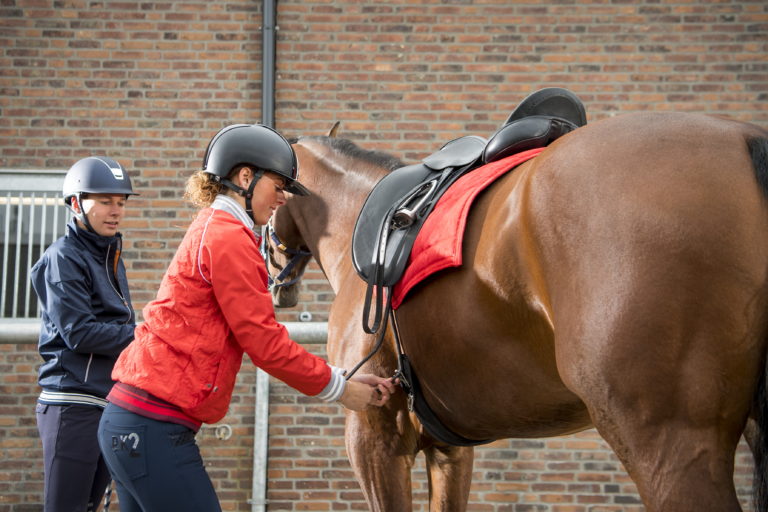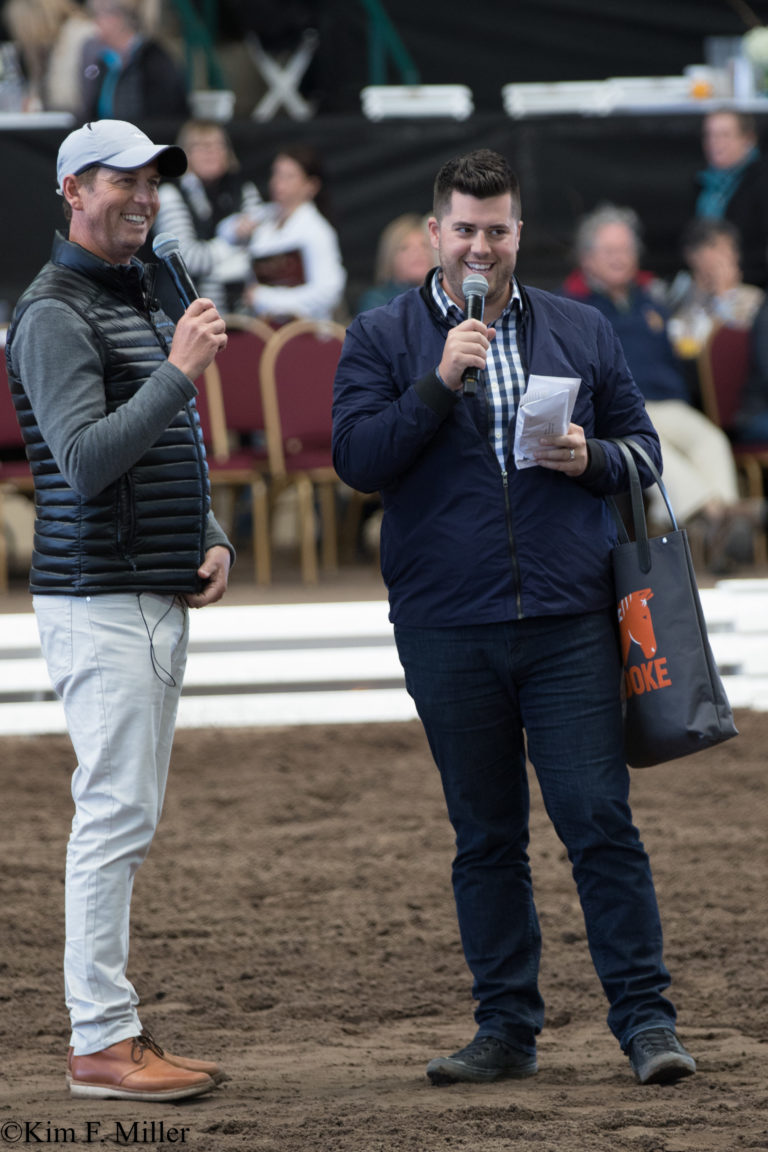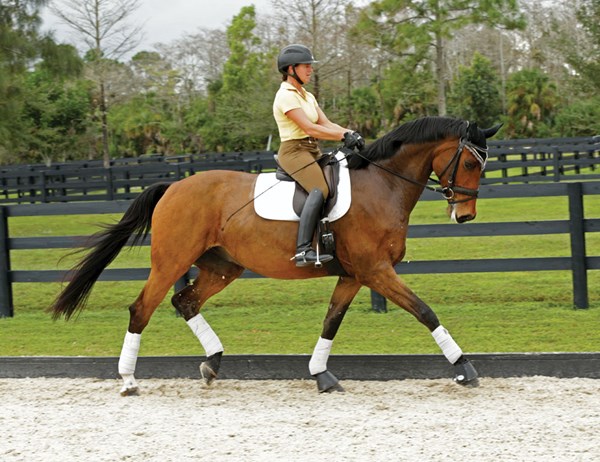This spring, I had the thrill of watching my younger cousin, Maya Black, finish third at the Rolex Kentucky Three-Day Event.

It was incredible to watch her achieve something she has worked to accomplish over her whole life. On top of that, she was just named the traveling reserve for the U.S. Olympic eventing team with Doesn’t Play Fair.
That got me thinking about how two Whidbey Island, Washington, girls who came from non-horsey families were able to chase their dreams of becoming top riders in their disciplines and making it to the Olympics.
Maya and I grew up together on our family farm. She is my cousin, but to me, she is more like a sister. The one thing about our childhood that stands out to me is that horses were always “our own thing.”

Maya and I may have not had much early formal training, but what we did have was endless hours on horseback. From the time we were little, we would hop on the ponies and head onto the ranch and literally ride until the sun went down. Even then, it often wasn’t enough, and we would sneak out of the house at night and go galloping bareback across the field in the moonlight. We spent every waking moment on a horse, riding through the woods and fields and swimming them on the beaches. There is no substitute for hours in the saddle. You learn to anticipate the horse’s reactions to things, so the way they move and act becomes second nature to you. Soon you are seeing the world through the horse’s eyes, and you begin to think like a horse. If you can’t think like a horse, you will never be a good rider or trainer.


We had to drag our poor parents into the whole horse thing. They were wonderfully supportive, letting us keep horses at the farm and getting us to horse shows and lessons when needed. But Maya and I were always the driving force behind these activities.
Our parents allowed us the freedom to do what we wanted with our horses, but in no way were “horse show parents” and never pushed us to do anything. As a result, all the ambition came from the two of us. I think that instilled a work ethic and a passion that was all our own.
From a young age, we were expected to be largely responsible for the care of our horses: Feeding and watering, mucking out paddocks, blanketing, etc. It was a lot of never-ending work, but it made me come to enjoy the day-to-day regimen and find peaceful satisfaction in the routine barn chores.
I don’t think anyone would stick with horses if they didn’t love the daily monotony. The exciting moments of glory in competition are few and far between, so there has to be a much deeper desire that keeps you going.
The other thing about our childhood with horses that comes to mind is that we learned a lot through trial and error and gained knowledge from anywhere we could.
Neither of us had much formal training when we were growing up. After we joined Pony Club, we would get the occasional group lesson, but most of the time we were unsupervised and left to ourselves to try to figure out what worked and what didn’t.
We tried to absorb all the knowledge we could from reading books, watching videos or hanging around other barns and watching the riders there. It may not have been the most efficient way of learning, but I think what it did was make us tune into the horse’s reactions and be open-minded about discovering how to approach a problem.
I learned that there is more than one way to get a result and you have to sometimes be creative about finding a way of explaining things to the horse, so that it understands what we want. That taught us to listen to the horse’s reaction and read whether they were becoming stressed or upset.

We both dabbled in different types of riding and through the years worked for trainers from different disciplines, dealing with everything from miniature driving horses to Arabians, foxhunting and western gaming mounts.
I learned something I could take away from each of these different experiences. It could have been some little trick for training a western horse that I found useful on my dressage horses, or even something as small as a favorite grooming tool to get the show ring shine that I learned from the Arabians.
Most important, I found that you always need to keep an open mind with horses and that there is always something more to learn. That is what continues to fascinate me about dressage to this day. Just when you think you understand something, you learn something new and realize how much more there is to learn. Every horse teaches you something new, no matter how long you’ve been riding. This inquisitive mindset and thirst for knowledge is something I attribute to my childhood with horses on the farm and having the chance to experiment and find any way possible to gain knowledge.
Neither Maya nor myself grew up with fancy horses in expensive barns. In a sport that is often referred to as elitist, I think the fact that Maya and I were both able to find a path to riding at the top levels of our sport is a testament to the old motto, “Where there’s a will, there’s a way”.
We both moved across the country and traveled the world in pursuit of education and opportunities, and were very fortunate to have been able to make careers out of our passion.
I hope we can inspire some of those horse-crazy kids out there to chase their dreams, even if they seem far away and they’re not sure how they can make it happen. With passion, hard work and a thirst for knowledge, we’ve proved it’s possible to find a way.


